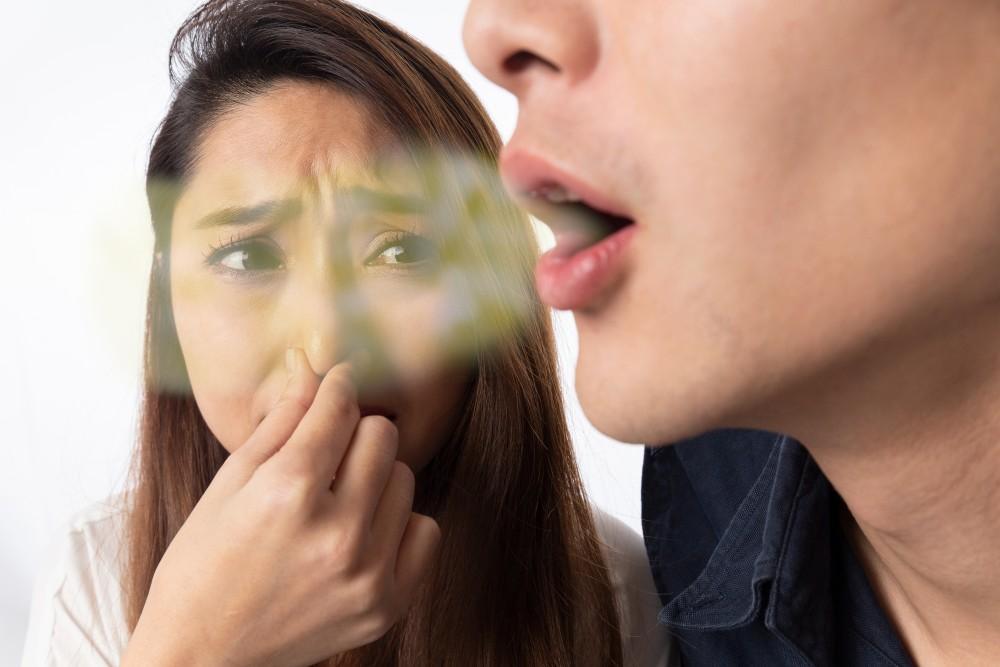
Why Does My Breath Smell?

Mouthwash, mints, breath fresheners, and gum fill store shelves in an effort to help you keep your breath fresh. They’re temporary solutions that may work for the short term, but they do nothing to stop the problem at the source.
Often, the underlying causes of bad breath, also known as halitosis, stem from dental reasons. If you’re behind with regular visits, contact Northwoods Dental Group, located in Columbus, Ohio, to get your oral hygiene back on track.
Why does my breath smell?
Without addressing the reason for your bad breath, mints and gum will only mask the problem. These odors can develop for several reasons. Often, though, they originate in your mouth.
Dental hygiene
When your oral hygiene regimen is infrequent or inconsistent, you’re building a collection of decaying food and bacteria in your mouth. That’s enough to generate the unpleasant odor you can smell and taste. That holds true for denture wearers also. Fresh breath requires daily care.
Gingivitis
Bacteria, plaque, and tartar build up in your mouth no matter how good your home care routine. Without regular dental office cleanings, you’re fighting a losing battle against gingivitis, the first level of gum disease. The oral infection affects the soft tissue in your mouth, causing bad breath and leading to tooth loss without treatment.
Dry mouth
Saliva helps to keep your mouth clean and decreases odor. When it’s underproduced, it can cause issues with your oral health, including bad breath. Dry mouth happens for many reasons, including salivary gland conditions or medication side effects.
Smoking
Smoking combines all of the issues above. It complicates dental hygiene, creates dry mouth conditions, and contributes to gum disease. Add in the staining effects of nicotine, and combined, they are reasons you should quit.
When it isn’t your mouth
Not all cases of bad breath start in your mouth. Here are some other reasons:
The foods you eat
The oils from onions and garlic enter your bloodstream and travel to your lungs. In some cases, that can foul your breath for up to 72 hours. Coffee breath is also a common issue, though its duration is usually shorter.
Sinus and throat conditions
Respiratory infections may create bad breath as a side effect. Common conditions that lead to breath odor include:
- Chronic bronchitis
- Sinus infections
- Upper or lower respiratory infections
You can also develop bad breath from tonsil stones or postnasal drainage.
Disease and illness
Bad breath sometimes stems from health conditions, like diabetes, gastroesophageal reflux disorder (GERD), or kidney disease. Often, each condition has distinct odors, giving clues as to the cause. Uncontrolled diabetes may produce a fruity fragrance, while kidney or liver failure creates a fishy aroma.
Resolving your issue
Your dentist’s office is the place to start tackling bad breath. Regular cleanings keep bacteria, plaque, and tartar at bay though you may need more intense treatment if gum disease has taken hold. Contact Northwoods Dental Group to schedule your next visit. You can book by phone or online using the link on this page. Make an appointment today.
You Might Also Enjoy...


Choosing the Best Toothpaste for You

How to Know When Your Dental Crown Should Be Replaced

Gum Disease and Diabetes

How Can I Prepare My Child for Their First Dental Visit?

